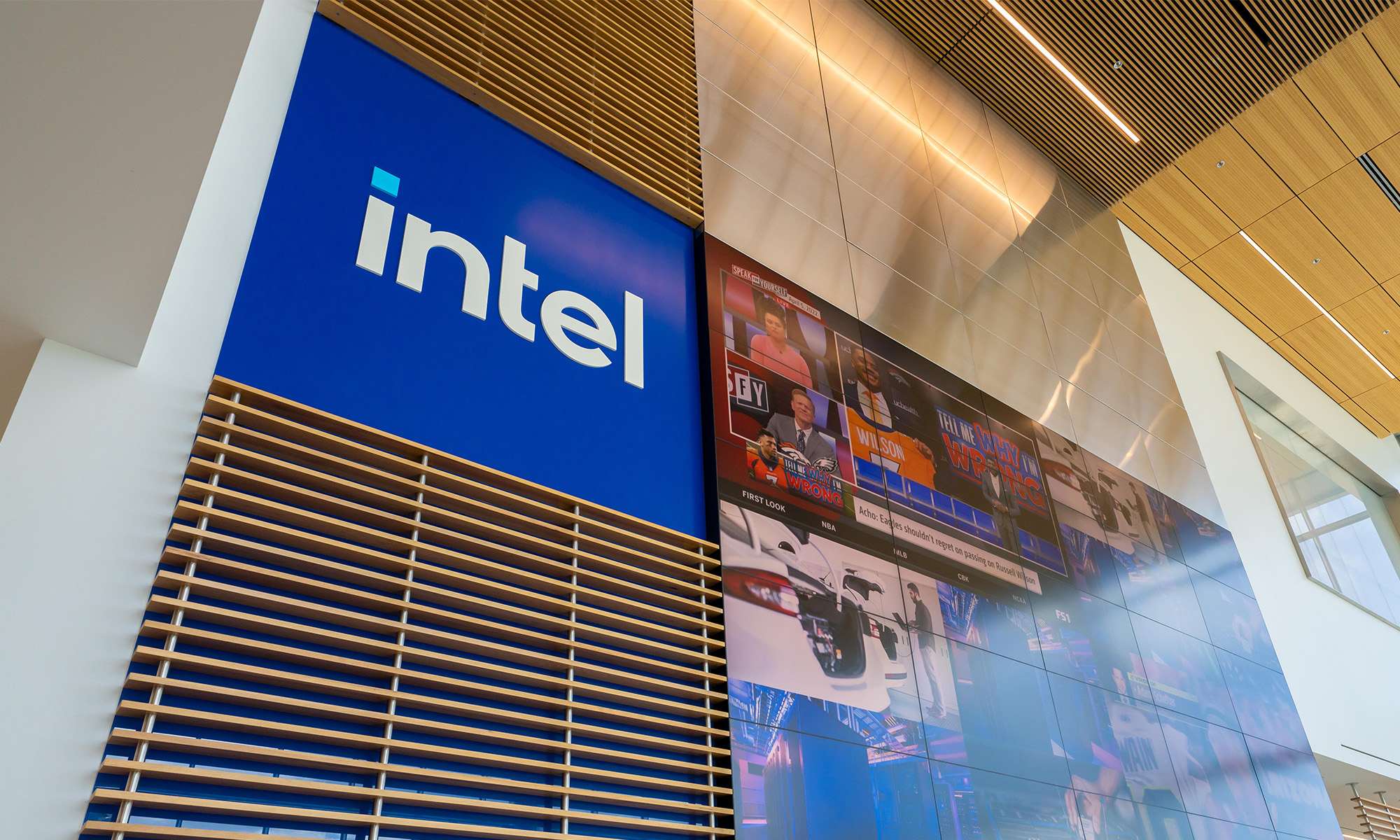Shares of Intel (INTC +0.33%) were sliding today after the U.S. revoked the company's license to sell chips to Huawei, the latest escalation in the ongoing tech cold war between the U.S. and China.
As of 12:48 p.m. ET on Wednesday, Intel stock was down 2.9% on the news.

Image source: Getty Images.
The government giveth to Intel and the government taketh away
A big part of the bull case on Intel these days is that the company is set to get billions of dollars from the government to build new semiconductor factories in the U.S. That has become a national interest as most semiconductors are currently manufactured in Taiwan, the island nation off the coast of China that is seen as fodder in a potential military conflict. Moving chip manufacturing to the U.S. will reduce geographical risk and exposure to Taiwan and China.
However, today's news was a reminder that government regulations can cut both ways for Intel. This morning, U.S. regulators revoked licenses allowing Huawei to purchase semiconductors from both Qualcomm and Intel, stepping up restrictions against China's key telecom equipment maker.

NASDAQ: INTC
Key Data Points
What the export restrictions mean to Intel
Intel updated its guidance in response to the news, saying in a filing that it expected revenue for the second quarter to remain in the given range of $12.5 billion to $13.5 billion, but expects it to be below the midpoint, indicating the move could cost the company as much as $500 million in quarterly revenue.
It also said that it still expects revenue and earnings per share to grow year over year in 2024, as previously forecast.
The news doesn't seem significant enough to change anyone's long-term thesis on Intel, but it's a reminder that government regulations or support can be a poor reason to buy the chip stock. Support from the CHIPS Act could change over the coming years, depending on how the situation evolves or if a new administration takes over the White House.





